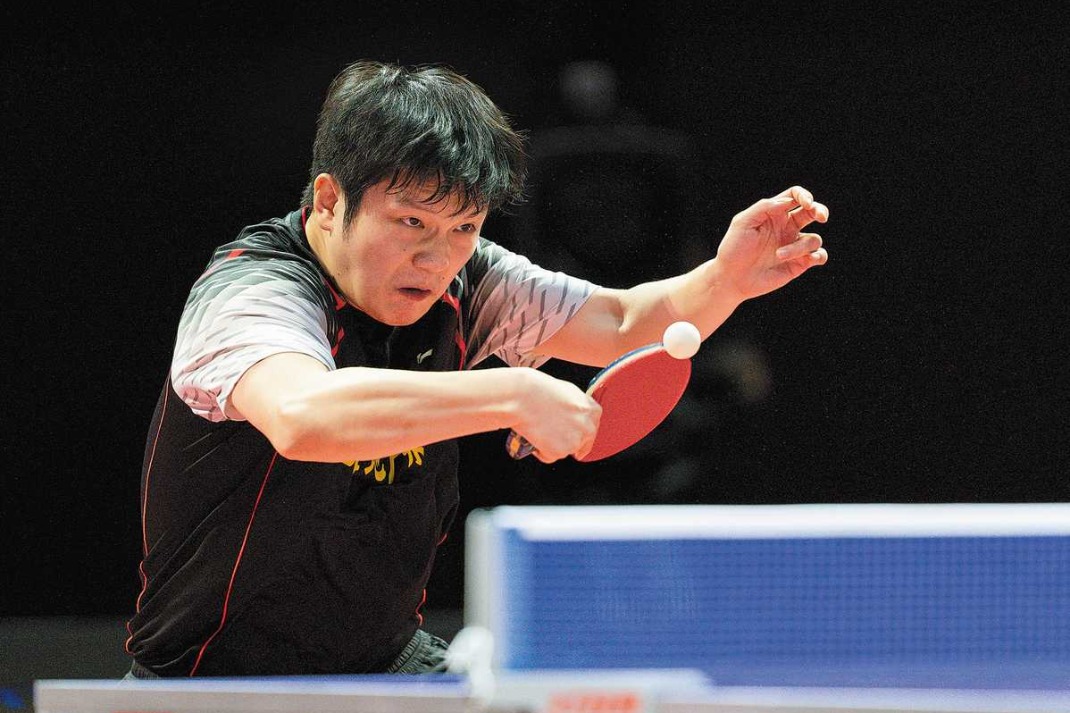NHL, retired players reach $19M concussions settlement


National Hockey League announced a tentative $18.9 million settlement Monday with more than 300 retired players who sued the league and accused it of failing to protect them from head injuries or warning them of the risks involved with playing.
The lawsuit, consolidated in federal court in Minnesota, was by far the largest facing the league. The NHL, as it has for years, did not acknowledge any liability for the players' claims in the proposed settlement and can terminate the deal if all 318 players or their estates don't elect to participate.
The settlement is significantly less than the billion-dollar agreement reached between the NFL and its former players on the same issue of head injuries. Each player who opts in would receive $22,000 and could be eligible for up to $75,000 in medical treatment.
"The cash amount of $22,000, that's small, but we were always looking for (medical) coverage to begin with," said former player Reed Larson, who was among the first to sue the league over head injuries that could lead to the brain disease Chronic Traumatic Encephalopathy.
"The bottom line is this is monitoring, testing and hopefully help for players that will either have (CTE) now or could get it in the future."
Players' attorney Stuart Davidson said he knows there will be comparisons between the NHL and NFL settlements, even though they differ drastically.
"When you have a defendant who has spent millions of dollars litigating a case for four years to prove that nothing is wrong with getting your brain bashed in, you can only get so far," Davidson told The Associated Press.
"I think it's important for players who have an opportunity to settle their case with the NHL now to understand that before they get anything through a trial against the NHL it's going to cost millions of dollars in experts to get there, and that's going to have to be paid for before they see a penny from any recovery, assuming they win."
An NHL spokesman said the league would not make any comment until after the opt-in period of 75 days for players. There were 146 players who added their names to the lawsuit as plaintiffs between November 2013 and this August and 172 more who joined as claimants.
In addition to the cash payment, the settlement includes neurological testing and assessment for players paid for by the league; up to $75,000 in medical treatment for players who test positive on two or more tests; and a "Common Good Fund" for retired players in need, including those who did not participate in the litigation, worth $2.5 million.
Pittsburgh star Sidney Crosby, who has dealt with concussion problems throughout his career but is not involved in the lawsuit that includes only retired players, told reporters after practice the league, Players' Association and others must all have a role in the issue.
"It's something as players that we know that risk," Crosby said. "Obviously we know a lot more now than we did before, even a lot more than we did when I had my first one. It's something you hope they can mutually agree on. It's something that I think is important from both sides."
Retired player Daniel Carcillo, one of the plaintiffs, urged players not to accept the settlement. In a series of tweets , he said players would be forced to see the same NHL and NHLPA doctors to determine if they'd be eligible for treatment.
Carcillo also asked for Wayne Gretzky's thoughts: "I want him to use his platform to help the men who protected him throughout his career. Lack of pressure from former players is a direct result of this insulting attempt at a settlement."
Charles Zimmerman, who was a lead attorney for players, said he was most disappointed the lawsuit couldn't assure future benefits for all retired players like in the NFL.
"I think it's a very appropriate result and a good outcome in a very contested, hotly litigated matter," Zimmerman said. "The main goal in the case was to get medical testing and treatment for the players, something that the NHL wouldn't agree to for the four years that we'd been litigating and that's what we achieved."
The settlement comes four months after a federal judge denied class-action status for the retired players, a significant victory for the league in the lawsuit filed in November 2013. U.S. District Judge Susan Richard Nelson in July denied class-action status, citing "widespread differences" in state laws about medical monitoring that would "present significant case management difficulties."
The bid for class-action status would have created one group of all living former NHL players and one group of all retired players diagnosed with a neurological disease, disorder or condition. Had Nelson certified the class action, more than 5,000 former players would have been able to join the case.
"It's not surprising after the NHL prevailed on the class-action motion that there would have been movements in this direction," NHLPA executive director Don Fehr told reporters in Toronto. "I'm glad for the parties that it's all over. Hopefully people can go on with their lives and now we can perhaps deal with these issues with the NHL without having to worry about the effect on the litigation."
Davidson called Nelson's decision a "watershed moment" for the case and that players lost leverage as a result. "It severely limited the damages to the NHL owners and benefits to the NHL players," Vanderbilt University sports economic professor John Vrooman wrote in an email to the AP.
Most Popular
- Skiing festival attracts over 2,000 skiers to Changchun
- New Village Super League season kicks off
- 23rd Vasaloppet International Ski Festival kicks off in NE China's Jilin province
- China takes first World Cup victory in skeleton mixed team race
- China held 671 marathons, road races in 2024
- 'El Matador' bullish about Dakar title defense






























